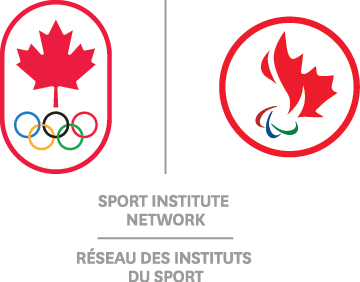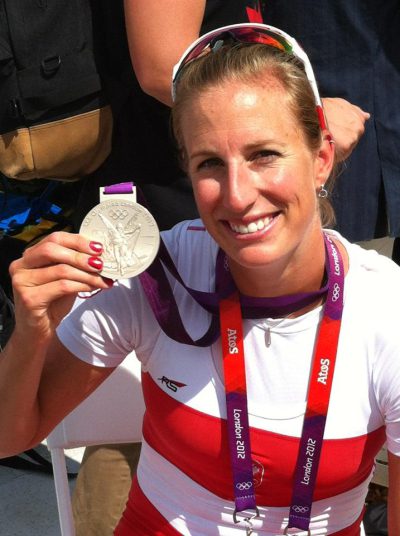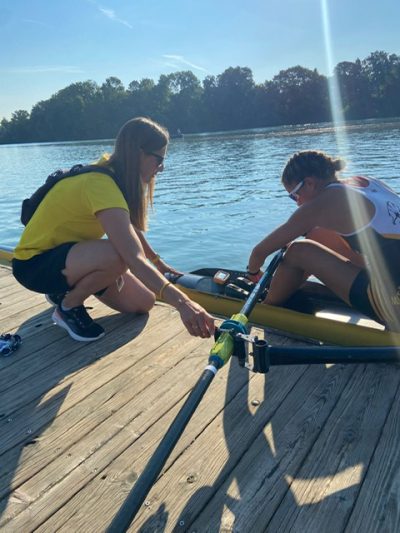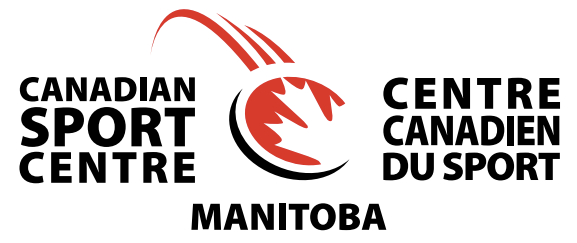Coaches Week: A Conversation with Janine Stephens
It’s National Coaches Week in Canada, so we sat down to ask Janine Stephens, Head Coach for the Manitoba Rowing Association, a bit about her coaching journey.
Can you start with the Coles Notes version of your rowing history?
Janine: I started rowing at 17, went away to the University of Michigan, did two Olympics and finished in 2012 with silver in the women’s eight, and then started coaching full time in 2017.
 You went to the Olympics twice. If you had to summarize each experience in one word, what would you say:
You went to the Olympics twice. If you had to summarize each experience in one word, what would you say:
Janine: Beijing [2008] was motivating. London [2012] was successful.
We’re certain that you learned lessons at each of those Games that you still use in coaching. What is the lesson from each Olympic experience that you share the most with your athletes?
Janine: Beijing’s lesson is about staying motivated through disappointment. That’s why it was motivating, because we didn’t get the result that we wanted. And so it was to get a taste of being at the Olympics, and wanting to really push through for more, and coming back to not end with a regatta that we weren’t super proud of.
London’s lesson is that success takes a lot of hard work. Not only when you’re at the boathouse, but at every part of your day. Like, I hired a cleaning lady for six months. That was my birthday present- once a month I had a cleaning lady come and clean my toilets and my bathroom and my kitchen. Every meal was planned to try and get the best out of me for each practice. Everything I did was to try and get better all the time. So it’s not only that you’re taking good strokes when you’re at practice, but it’s really living that, in everything else that you’re doing.
When you were in the height of your competitive athletic career, did you know you wanted to get into coaching after?
Janine: Definitely not. Everybody asked me and I said, “no way! I don’t know how to coach!”
How did you get here?
Janine: I think it was when I got some opportunities to go and do some coaching. Someone had asked me to come out and take a look at them. It was the excitement that I got from them making changes or gaining speed after working with them. It was my husband who was listening to me go on and on one day who said, “This brings you a lot of joy. I think you should pursue this.” So it was not even necessarily me noticing, but him definitely noticing that it was bringing something out of me that I was loving. So he told me to do it.
 What is the most rewarding part of being a coach?
What is the most rewarding part of being a coach?
Janine: Seeing the athlete development. Sometimes the coaches can see it and the athletes don’t know what’s possible. And being able to bring out the belief from them and then the success that comes with it, to move on to whatever their next steps are both in rowing but also in life.
As a coach, you take a holistic approach, looking at the athlete’s whole life not just their rowing performance. Can you speak to that?
Janine: As an athlete, it’s your whole day that gives you success. It’s recognizing that the athletes have more going on than just what we see in their strokes, and taking that into account.
I have them fill out a monitoring form every morning. Some of them are better than others at filling it out, but the idea is that they’re sharing things that they have going on. I do check in with them too, through conversation and get stories. But it’s more trying to see if something’s going really well, if we can figure out what’s helping with that or if something’s going not well or people are sleeping through alarms or just not having their best time, trying to figure out what else is going on in life. Whether it’s exam time at school, you hope it’s not an injury, but we’re going to know about it sooner ideally before it comes bad.
I think you can only draw the best out of someone when everything in their life is being lifted up and they’re in a position to succeed in all areas. And so we just try and help with that.
The other piece is that rowing is generally a part of someone’s life. Rowing is not their whole life, for the most part, and so it’s just recognizing that this is a piece of who they are and what they do. Being mindful that if they sleep through their alarm one day, it’s probably because they’re tired and on that day, sleep is more important. So I just don’t get too upset about those things.
Why do you love rowing? Why should someone get into rowing?
Janine: I was a basketball player. That was what I was really passionate about. I’m 40 and I still play basketball. It’s fun! But for me, rowing was something so different. I loved the teamwork atmosphere when you’re in the boat with different people. And for me, what really excited me was drawing the best out of others through language and motivation, trying to draw that out of my teammates. Getting the best out of myself but also getting it from them was really exciting.
But also, in rowing every stroke is different. And so one stroke you might be off balance, the next one feels a little better. There’s just always something else to work on. It’s never perfect. So there was just always something to get better. And the amount of work and the amount of strokes that you put in, you see the results of that. So there’s that personal growth and to see what’s possible for you, both on the rowing machine with a screen and a number right in front of your face, but also on the water. And then also the team aspect when you’re in boats with different people just to see what you’re capable of. So there was just always something more to do.
What advice would you give to an athlete who is considering transitioning to high performance coaching after their competitive career?
Janine: Do it! We need you!
The lived experiences of people going through the high performance programming and the knowledge and experience that they have to share with the athletes… And I was nervous because I didn’t *watch* a lot of rowing, I *did* a lot of rowing. So I wasn’t sure. I took a lot of slow motion video in my first year and I just drew a lot off my experiences. Now I can watch any boat at any pace. You practice as you do it, just like anything else. I was really hesitant that I wouldn’t know what I was doing, but I think just from my lived experiences, I was able to just fake it a little bit and now I’m much more confident. A lot of the stuff I do and not even think about it any more, that I used to have to think about.
I think we should get more people into it and do some of the coaching stuff earlier. And then if you never need it, that’s fine, but if you need it then you already have it. Do it when you have some spare time to do it, instead of having to get through a bunch all at once. National Coaches Week they are free programs. There you go. Now’s your chance. I usually pick something to do every year. It’s free. I’ll do it every September. Constant learning and growth!
What’s the best advice you’ve ever been given?
Janine: The quote on the end on the side of the rowing club says, “Make every stroke count.” And along that line, someone told me the idea of, “What can I do now to make this great.” So if you’re having a good practice, what can you do to make it a little bit better and if you’re having a bad practice what can you do to make it a little bit better? It’s that idea that there’s you’re always in control and there’s something that you can do to make things better or great. Focus on it. Be present. One stroke at a time.
Thanks, Coach!
If you’d like to follow Janine’s coaching journey, you can follow her on Instagram: @rowcoachmb
For more info on coaching resources and the free trainings Janine mentioned, visit www.coach.ca/ncw

 You went to the Olympics twice. If you had to summarize each experience in one word, what would you say:
You went to the Olympics twice. If you had to summarize each experience in one word, what would you say: What is the most rewarding part of being a coach?
What is the most rewarding part of being a coach?

